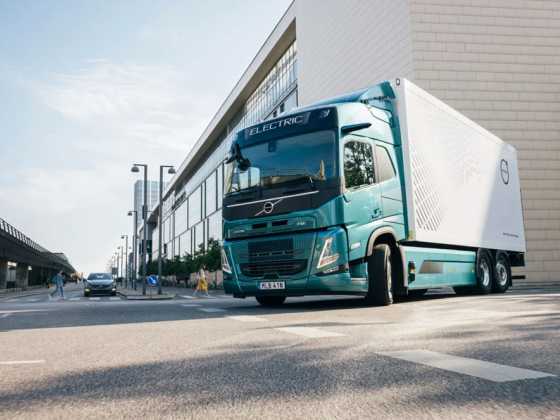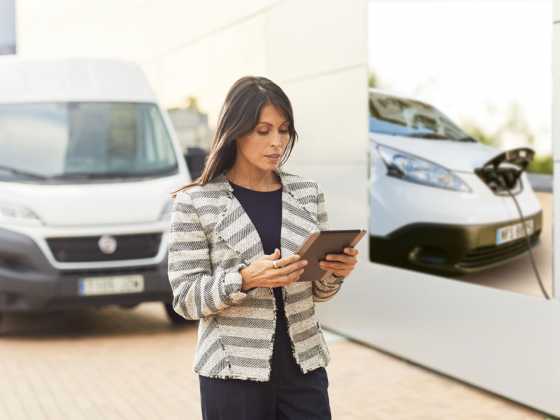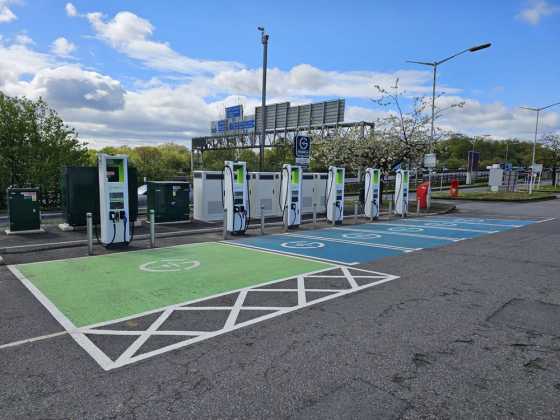Portable EV charger now at advanced prototype stage

ZipCharge has announced a major milestone of its portable Electric Vehicle (EV) charger, the Go. The product is now advancing to validation prototype (VP) stage with designs released for manufacture and hardware testing well underway.
The Go will be able to bring 'home charging' to anyone who can’t currently plug-in at their house. In the UK alone, 8.5 million or 40% of car-owning households are without designated or off-street parking.
ZipCharge’s engineers are currently at advanced stages of lab testing the portable EV charger’s key system components, including the NMC lithium-ion battery cells and the ZipCharge-designed bi-directional AC-DC converter. This is to evaluate thermal behaviour, charging performance, safety, durability and full functionality to ensure a seamless and safe ownership experience for everyday charging.
The compact and lightweight bi-directional AC-DC converter utilises high efficiency Silicon Carbide (SiC) semiconductors found in modern electric vehicles. When coupled with ZipCharge’s innovative software it will enable the Go to be charged at home, using a standard single phase supply in just over one hour. It can then be connected to an EV wherever it is parked and deliver 20 to 40 miles of range in around 30-60 minutes, depending on the capacity of the Go charger.
The Go is the first element of a planned global portable EV charging platform that combines hardware, software, and innovative ownership models to bring affordable, practical EV charging to more people in more places. In the near future ZipCharge’s portable EV powerbanks will create an intelligent energy management platform that provides flexibility and resilience for the national power grid.
ZipCharge Co-founder Richie Sibal comments: “Achieving this key milestone in the development of the portable EV charger is a major achievement by our small and dedicated team of expert automotive engineers. Drawing on the team’s 170 years of experience in designing automotive electronic systems, including EV control systems, battery modules, power electronics, electrical architectures, functional safety and wiring systems, combined with significant expertise in CAD modelling and design has enabled us to progress from the drawing board to design release in under nine months.”
In tandem with hardware testing, the ZipCharge engineering team is also developing bespoke control software and a dedicated mobile application that will allow users to optimise the operation of the portable EV powerbank. This incorporates a suite of security features, including user authentication and the ability to remotely monitor, track and disable the Go charger from their mobile phone, anywhere, thanks to built in 2G/4G connectivity.



